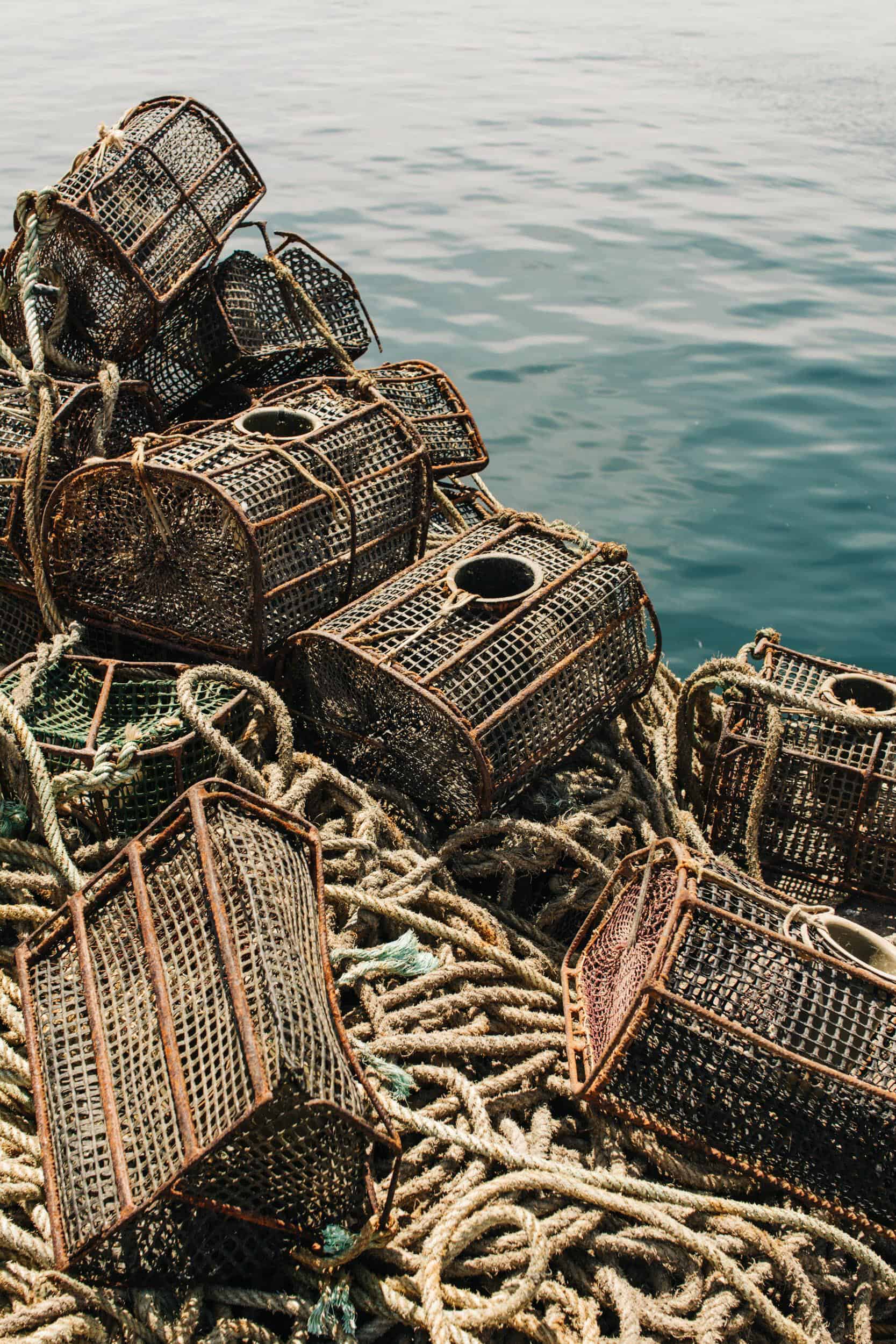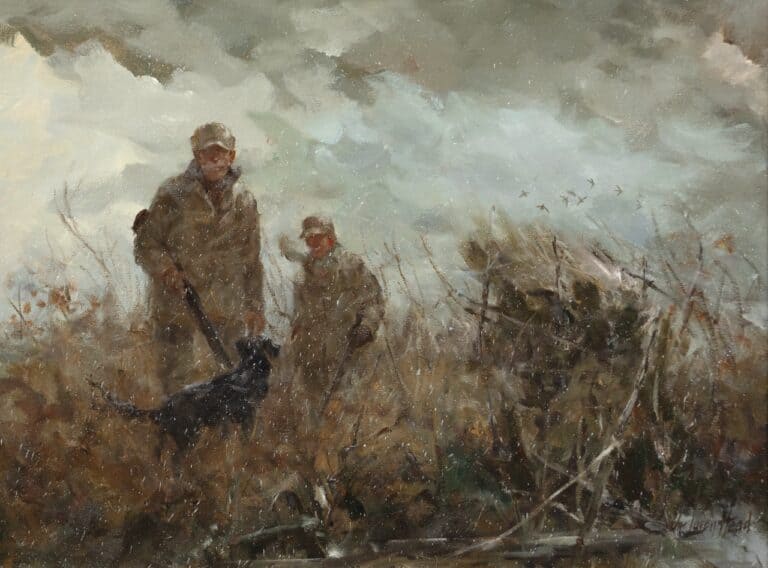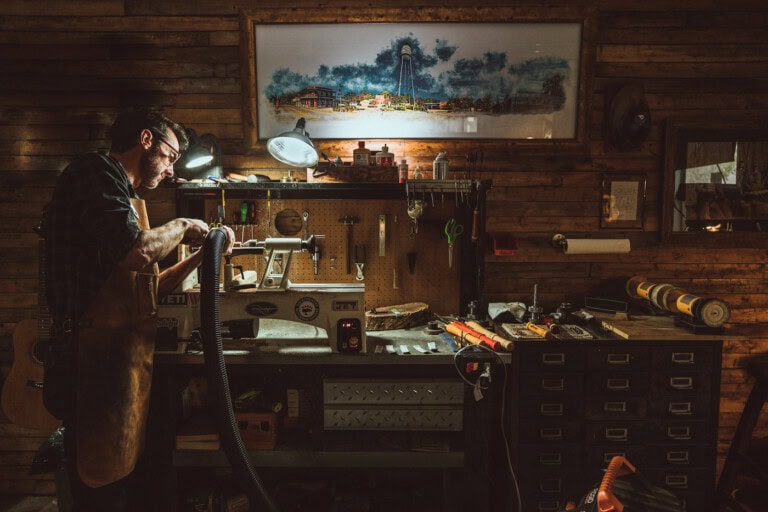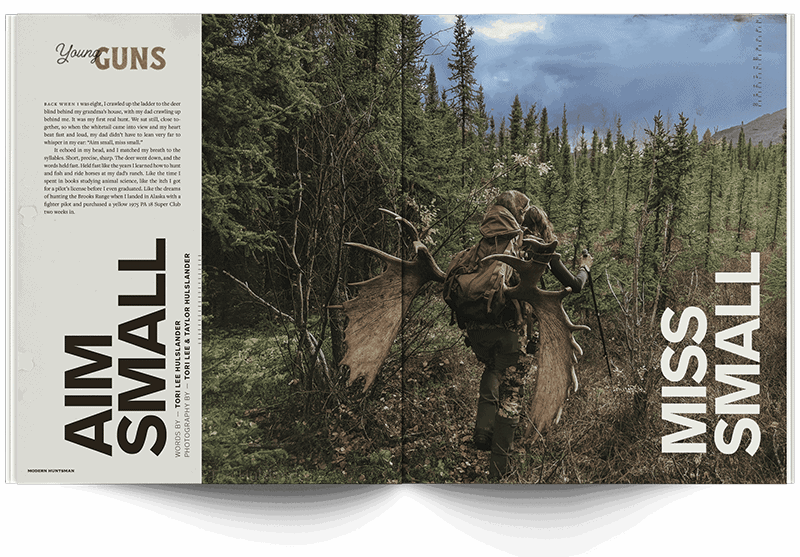SPAIN | GALICIA
I would go so far as to say that almost everyone has a fishing or hunting story to go along with their heritage, whether they know it or not. Mine begins in the north of Spain, or as I would call it, Europe’s version of the Wild West.
My family comes from a town where, for one week out of the year, men and women run with bulls, watch them get slaughtered, and have an excuse to drink during the day. Some claim this week of the year to be art, others tradition, and others a tremendous waste of time.
Day to day, we have la comida followed by la siesta. Between the hours of two and four in the afternoon, families come home from work and school, gather at the table, and eat a large meal they prepare from scratch. Then they take a short nap and return to their school or jobs.
Every Thursday evening, people gather at bars for juevintxo and eat pintxos (tapas) while socializing with friends. On the sixth of January, we open gifts from the three kings. And on New Year’s Eve, we all dress up in costumes and flood the streets. My town is set in its ways, and I wouldn’t have it any other way.
Subsistence fishing is another tradition of Spain, one I am more inclined to study and participate in. Being surrounded by the Atlantic and Mediterranean oceans, the peninsula historically provided an abundance of food for its people. In northern Spain, they fish for Atlantic albacore, octopus, muscles, squid, sardines and other species found around the coast. Traditionally, fishermen used long wooden rods or handlines to fish, or they...




